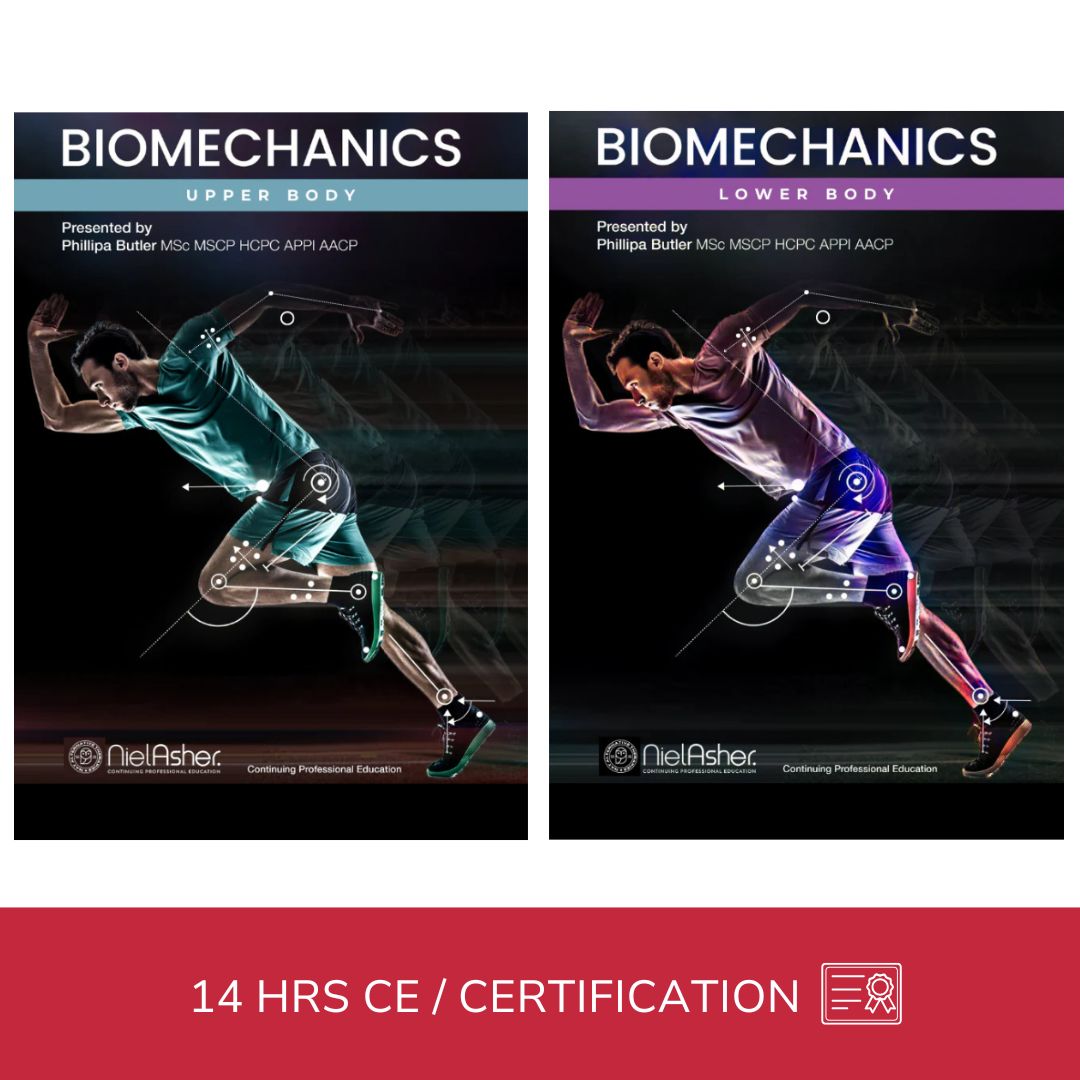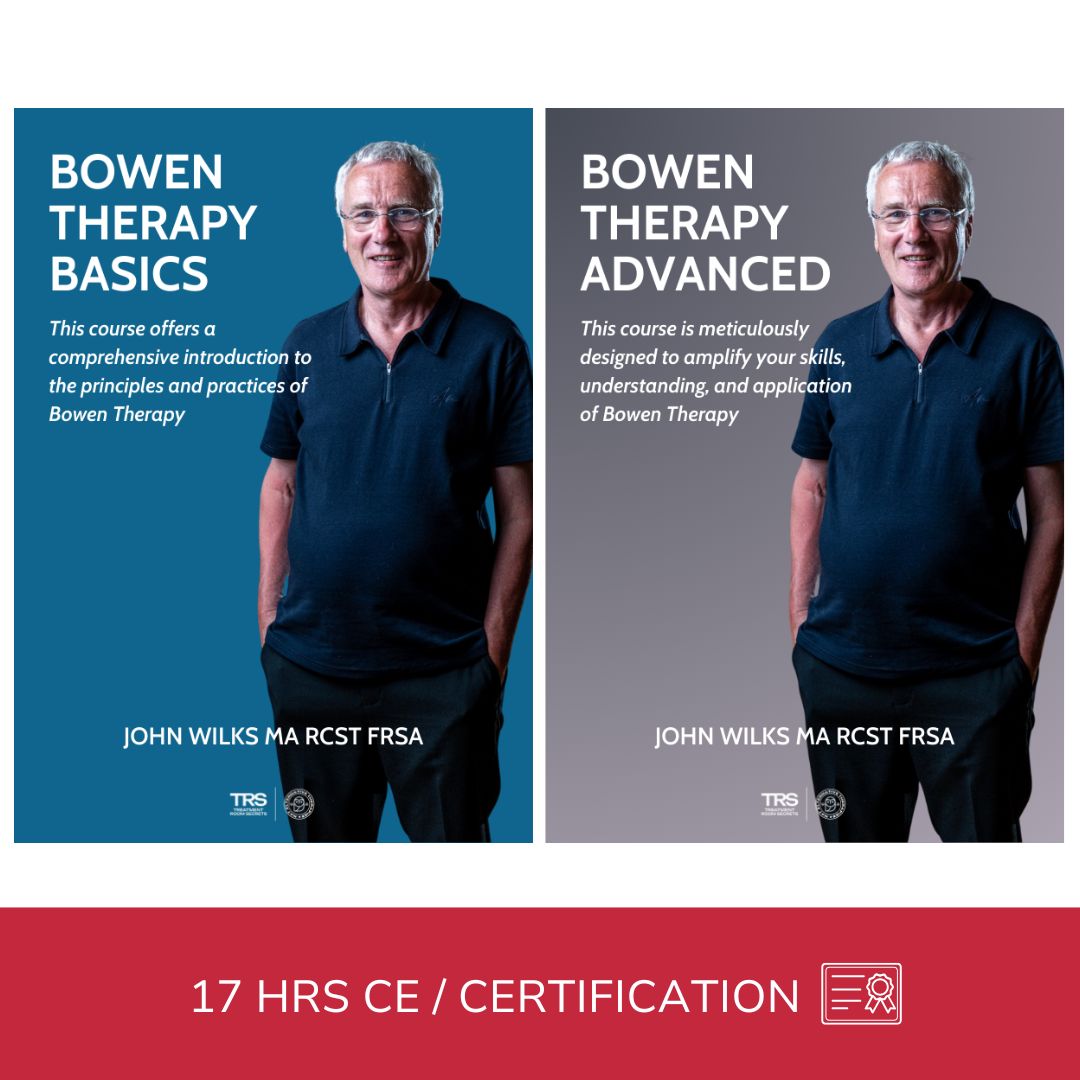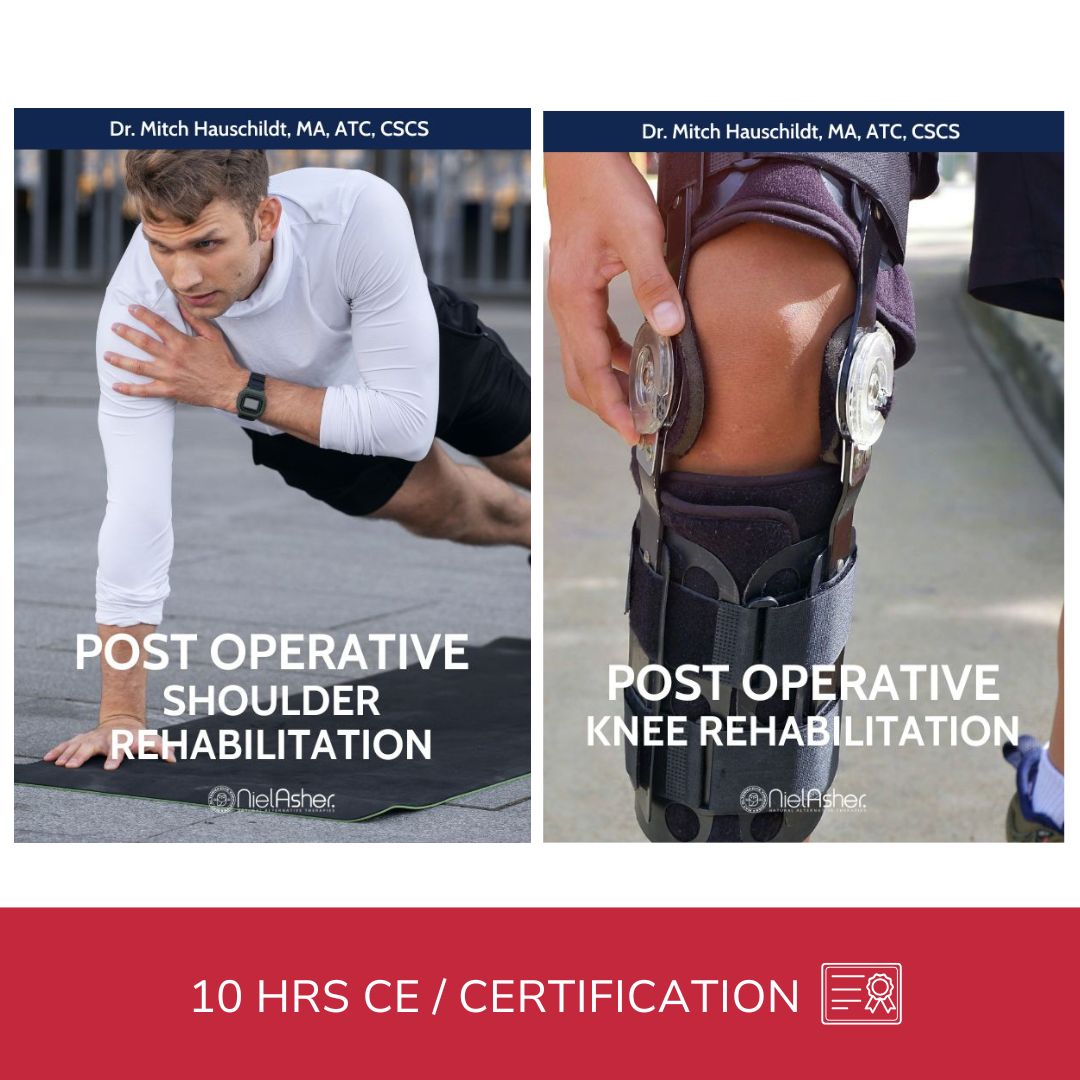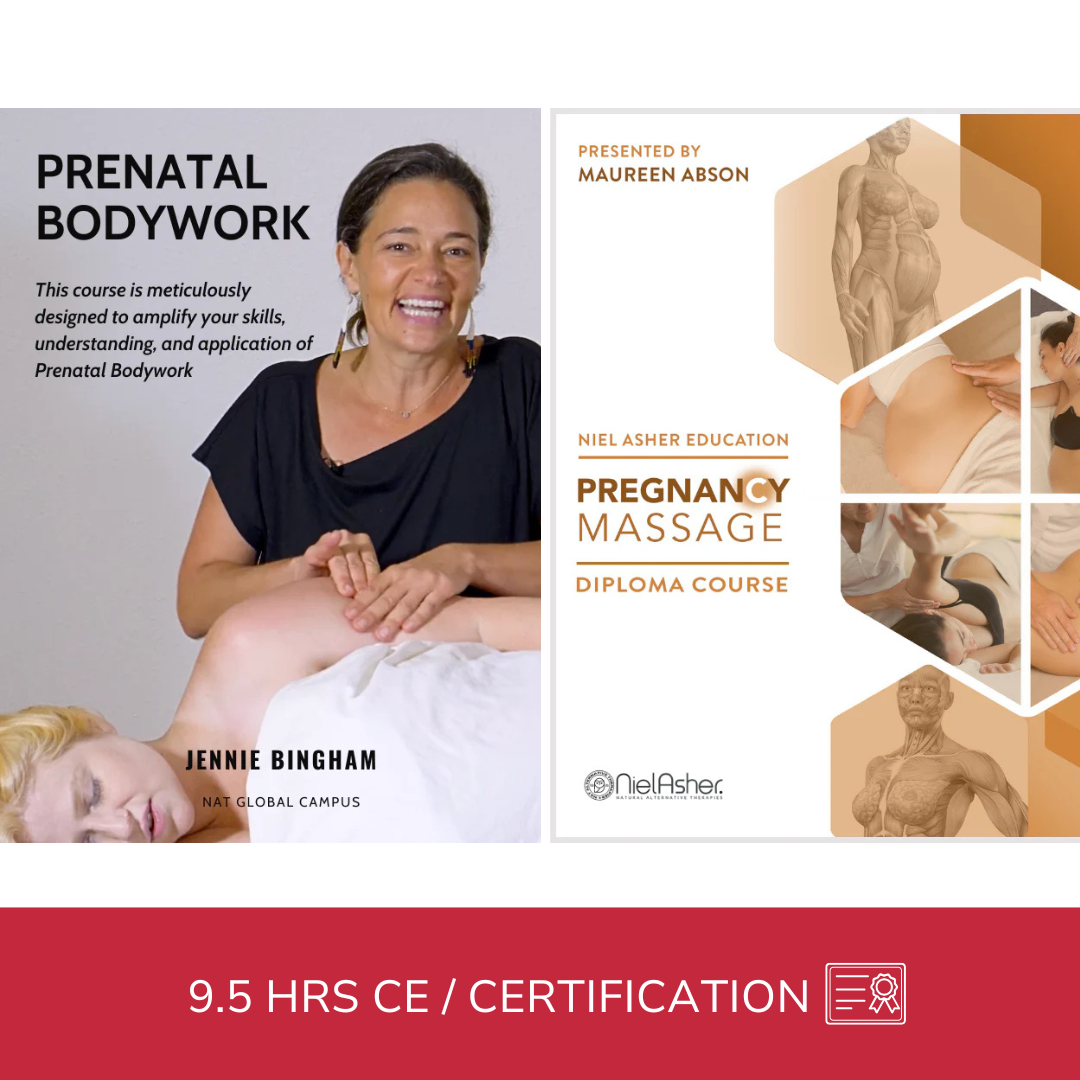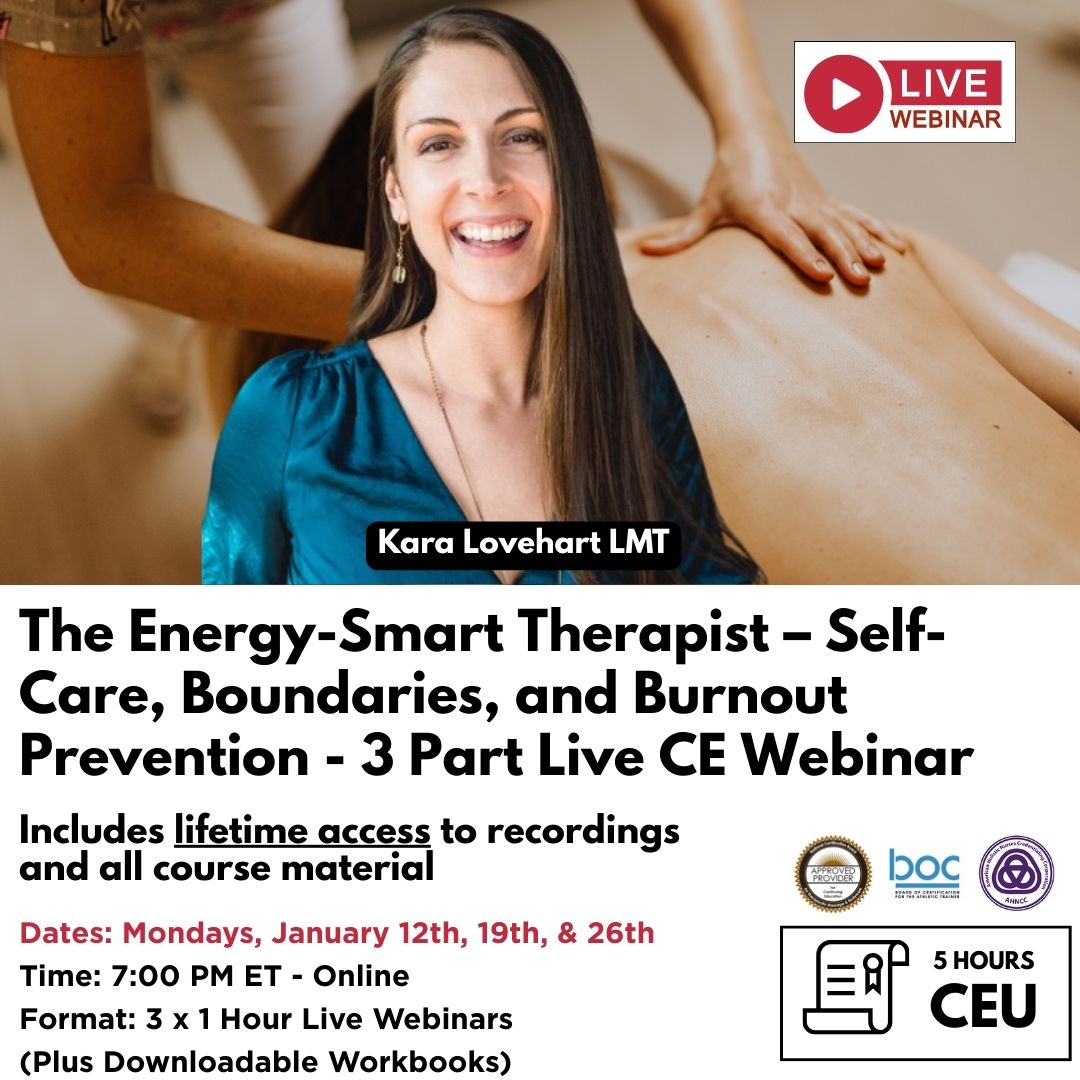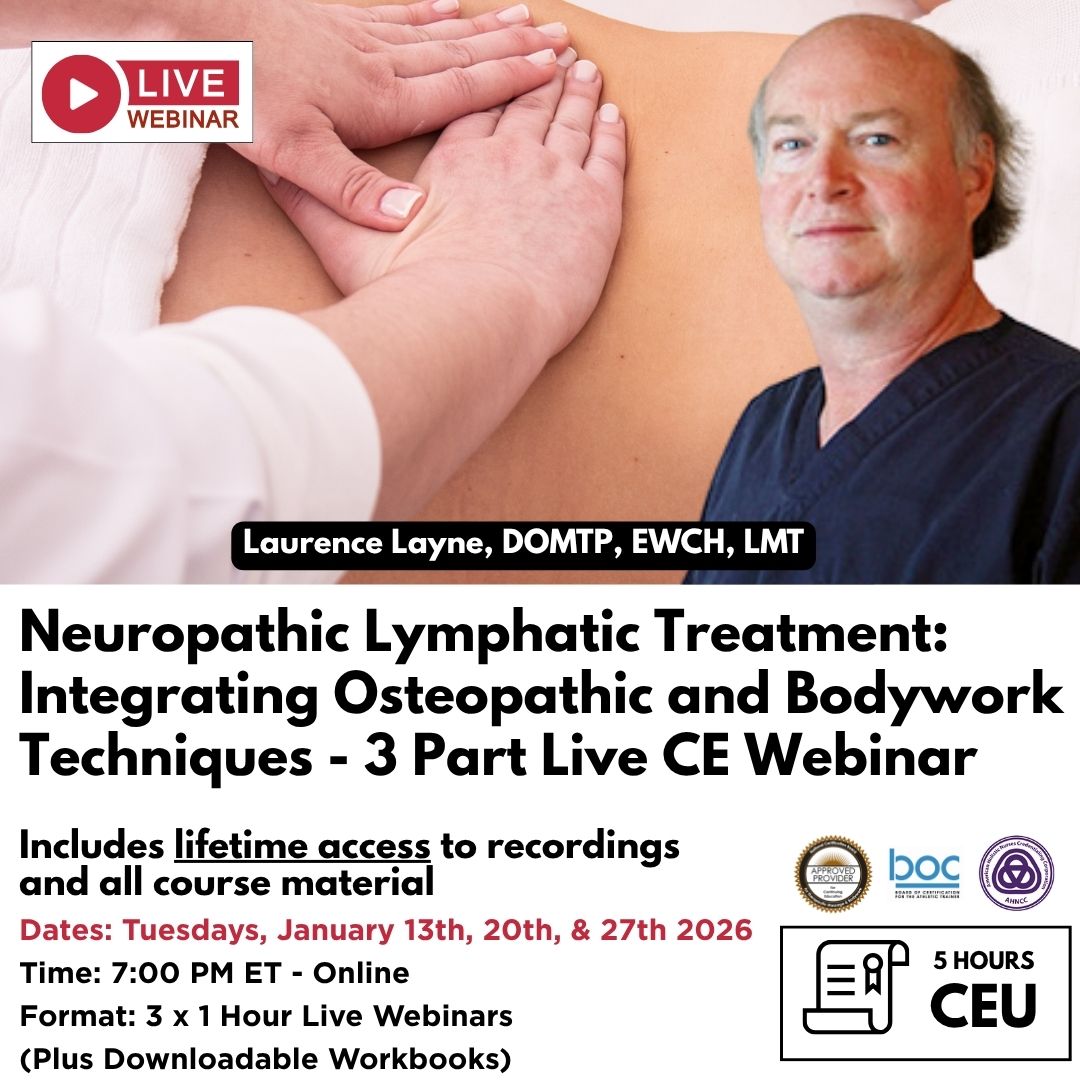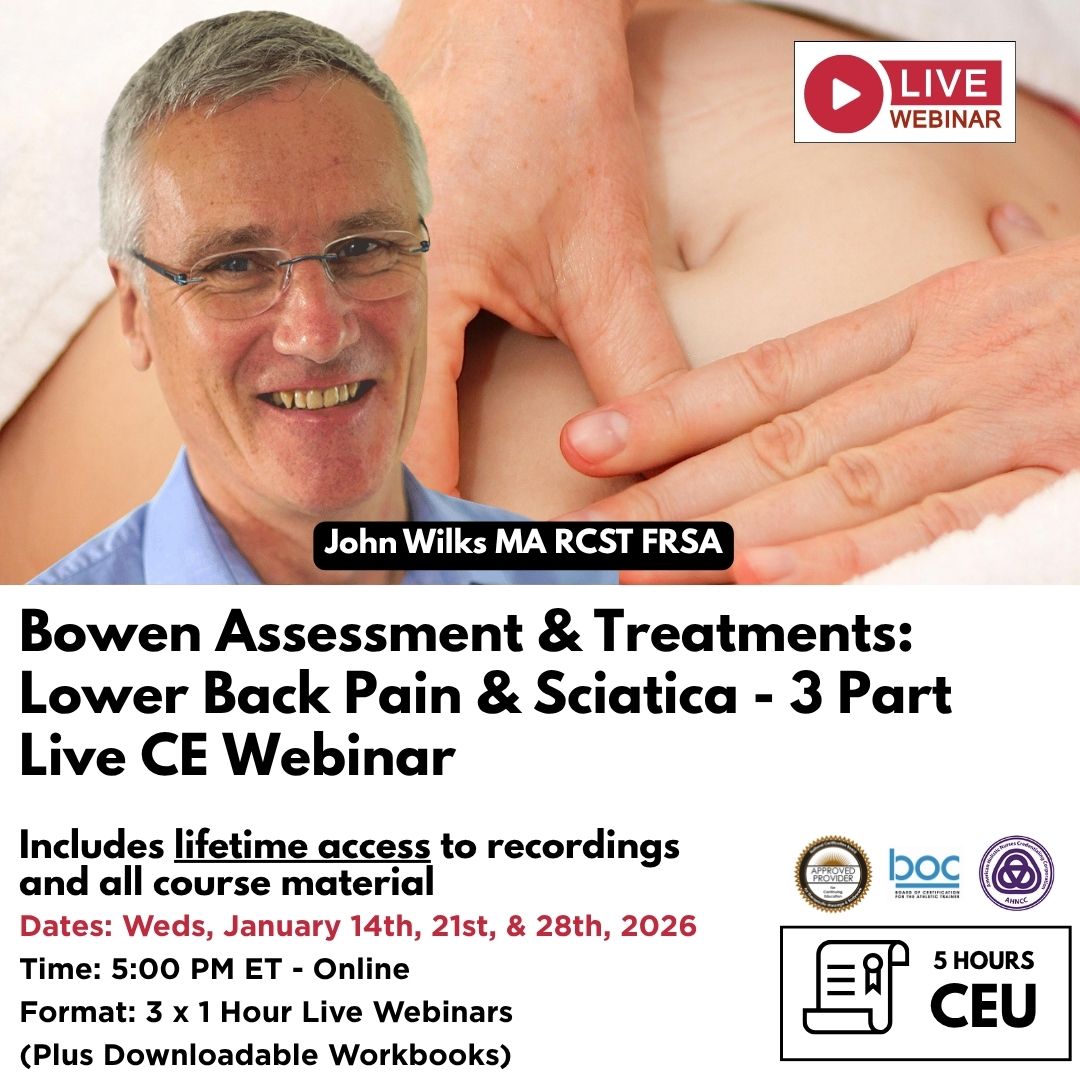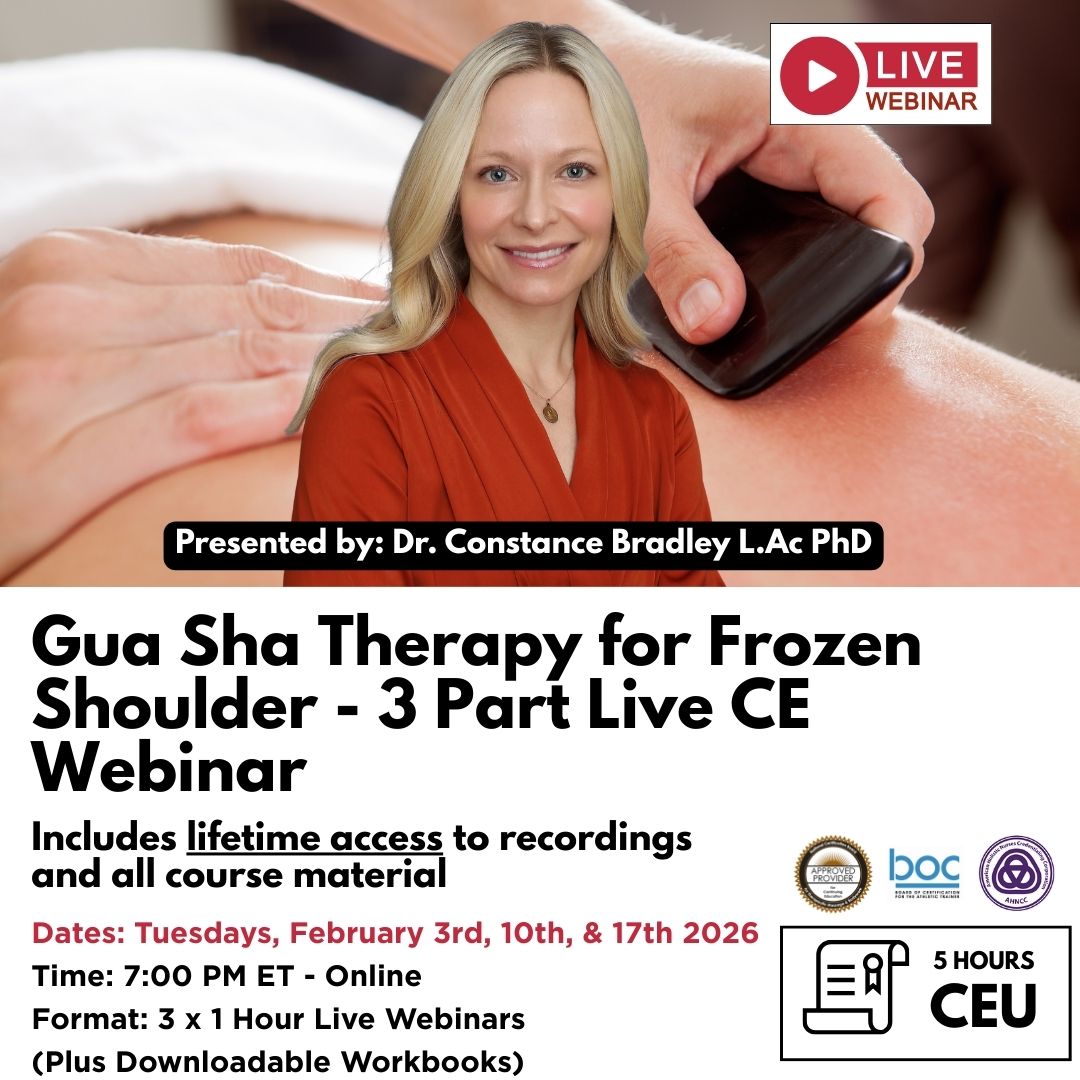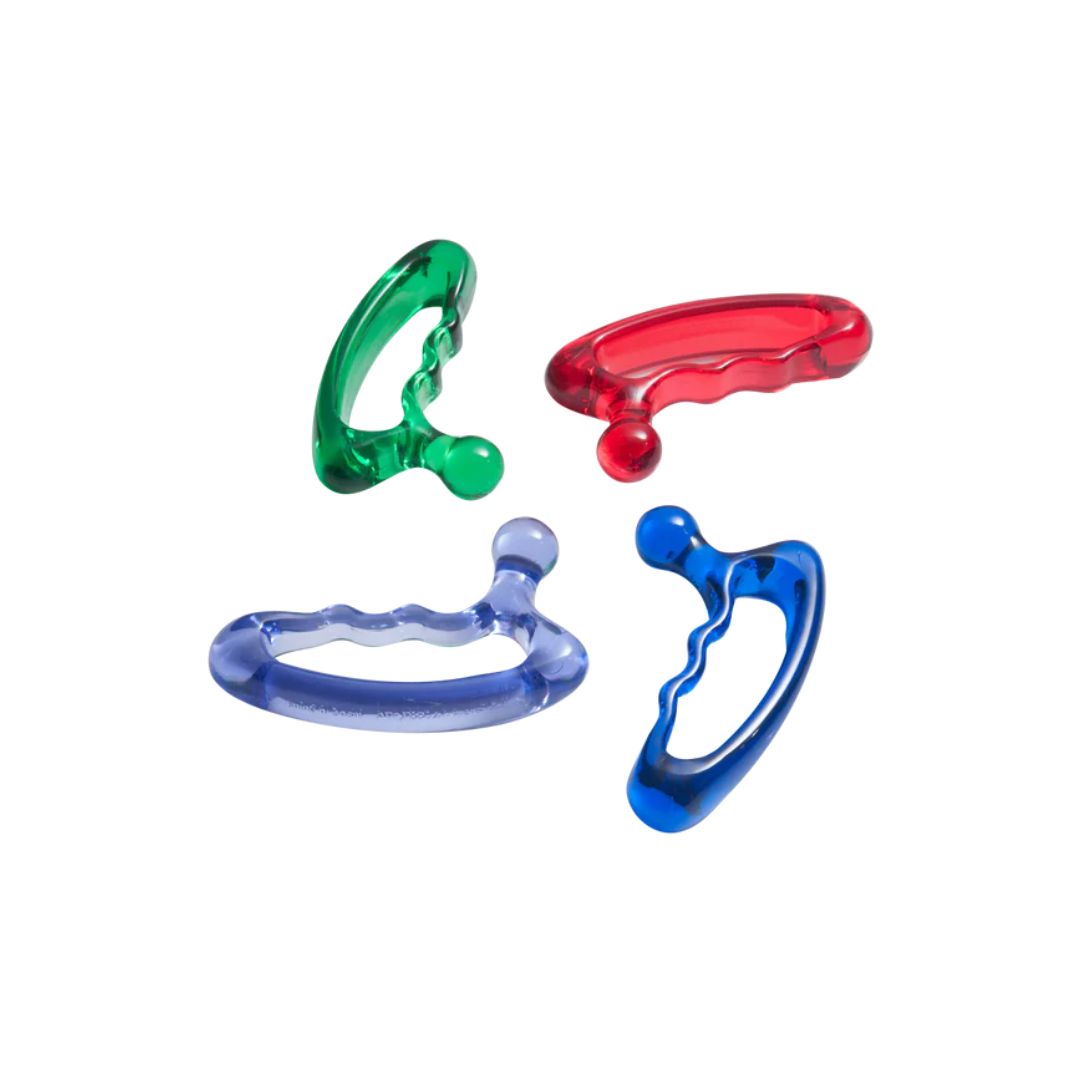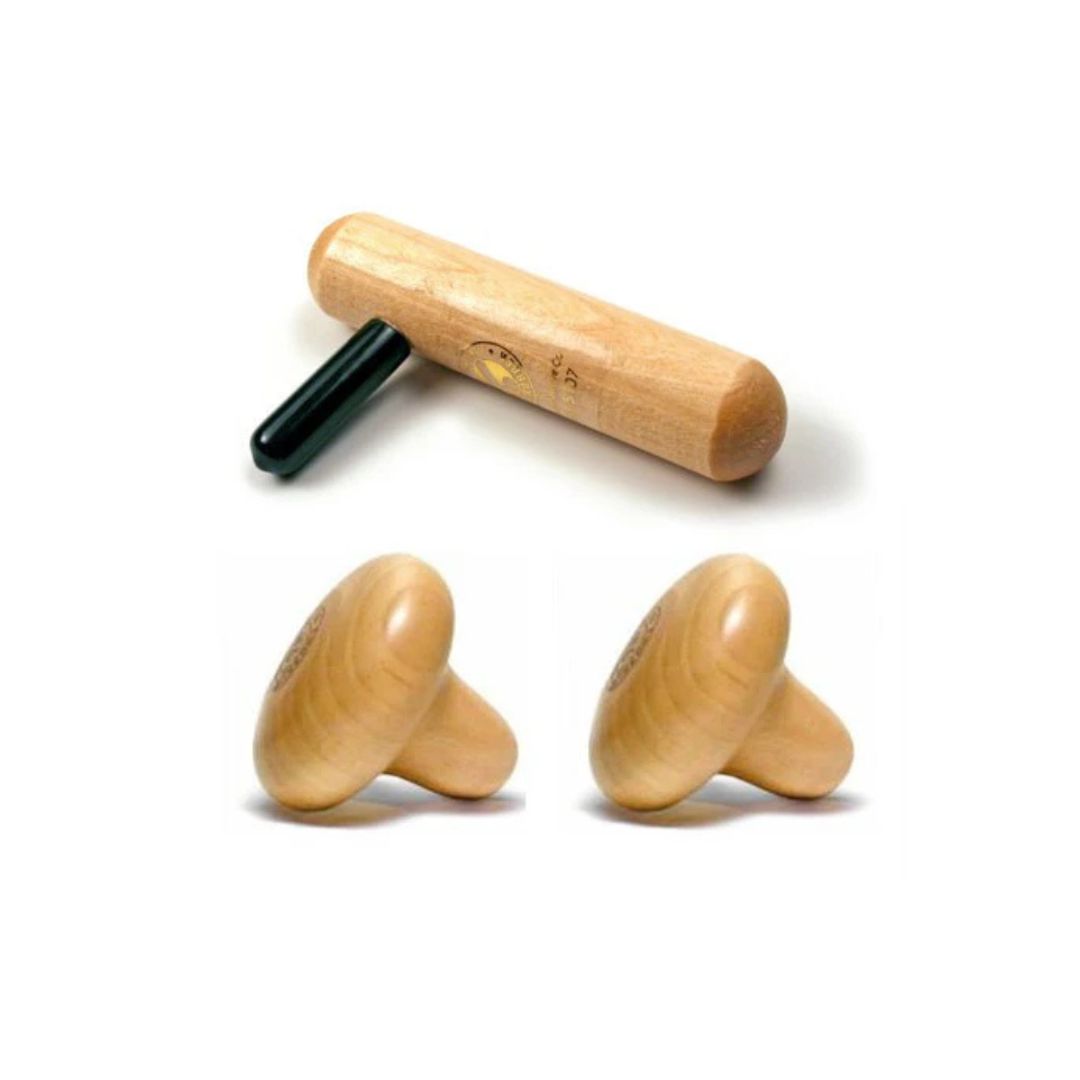Neck Arthritis (Cervical Spondylosis) - Trigger Point Therapy

Cervical Spondylosis
Torsional Release for Trigger Points in the Neck
Most cases of neck arthritis respond well to conservative treatment
Cervical spondylosis is extremely common. More than 85 percent of people over the age of 60 are affected.
The condition most often causes pain and stiffness in the neck—although many people with cervical spondylosis experience no noticeable symptoms.
According to the American Academy of Orthopaedic Surgeons, in most cases, cervical spondylosis responds well to conservative treatment.
Neck arthritis can manifest for a number of reasons including, genetic (inherited), occupational and/or historic trauma.
Cervical spondylosis is also known as arthritis of the neck.
It is caused by the degeneration or “wear and tear” of the cervical spine, including the joints between the bones and the discs between the vertabrae of the neck. Abnormal spurs or growths on the edges of the vertabrae called osteophytes may also contribute to this condition.
This is all part of the normal degeneration process that the body goes through as a result of ageing. In many people, these changes won’t bring about any symptoms. For others, these degenerative changes may put pressure on the spinal nerves as they exit the spinal cord through openings called foramenae.
Although cervical spondylosis is a form of arthritis, it is unusual for it to become the type that is disabling or crippling. However, an arthritic neck can sometimes cause unpleasant symptoms including a sudden "locking: pain; aching in the neck and skull; and neck stiffness in the morning, or after sitting for a long time.
Neck arthritis can manifest for a number of reasons including, genetic (inherited), occupational and/or historic trauma. Whatever the cause, the body is forced to react, as your body wants to protect you. When the neck bones become stiff the multitude of local little muscles can’t extend to their full capacity. This leads to a type of ‘muscular frustration’ and knots develop in these muscles, which are also known as trigger points.
Common Symptoms - Neck Arthritis
Symptoms usually develop over time but may also come on suddenly.
The pain experienced may be manageable, or so severe and deep that you are immobile.
Pain will often be felt over the shoulder blade, but in rare cases will spread to the arm and hand.
The following may make your pain worse:
-
Sneezing, laughing or coughing
-
Getting up after sitting or sleeping for long periods
-
Bending the neck backwards
-
Headaches in the back of your head
-
Numbness or other unusual sensations in the shoulder
-
Stiff neck that gets worse
Trigger Point Therapy - Neck Arthritis
Trigger points in the neck muscles cause them to be shorter, tighter and tenser and can ‘live’ in muscles for years if untreated. Treating these trigger points can deliver both short and long term relief.
In cases of neck arthritis we usually look to treat trigger points in the upper trapezius, levator scapulae, semispinalis capitis, splenius cervicis, and sub-occipital muscles.
If you have been diagnosed with neck arthritis, you should seek treatment with an experienced manual therapist who will be able to treat your trigger points, and help you implement some self-help and lifestyle changes that will help you effectively manage the condition.
This trigger point therapy blog is intended to be used for information purposes only and is not intended to be used for medical diagnosis or treatment or to substitute for a medical diagnosis and/or treatment rendered or prescribed by a physician or competent healthcare professional. This information is designed as educational material, but should not be taken as a recommendation for treatment of any particular person or patient. Always consult your physician if you think you need treatment or if you feel unwell.
About Niel Asher Education
Niel Asher Education (NAT Global Campus) is a globally recognised provider of high-quality professional learning for hands-on health and movement practitioners. Through an extensive catalogue of expert-led online courses, NAT delivers continuing education for massage therapists, supporting both newly qualified and highly experienced professionals with practical, clinically relevant training designed for real-world practice.
Beyond massage therapy, Niel Asher Education offers comprehensive continuing education for physical therapists, continuing education for athletic trainers, continuing education for chiropractors, and continuing education for rehabilitation professionals working across a wide range of clinical, sports, and wellness environments. Courses span manual therapy, movement, rehabilitation, pain management, integrative therapies, and practitioner self-care, with content presented by respected educators and clinicians from around the world.
Known for its high production values and practitioner-focused approach, Niel Asher Education emphasises clarity, practical application, and professional integrity. Its online learning model allows practitioners to study at their own pace while earning recognised certificates and maintaining ongoing professional development requirements, making continuing education accessible regardless of location or schedule.
Through partnerships with leading educational platforms and organisations worldwide, Niel Asher Education continues to expand access to trusted, high-quality continuing education for massage therapists, continuing education for physical therapists, continuing education for athletic trainers, continuing education for chiropractors, and continuing education for rehabilitation professionals, supporting lifelong learning and professional excellence across the global therapy community.
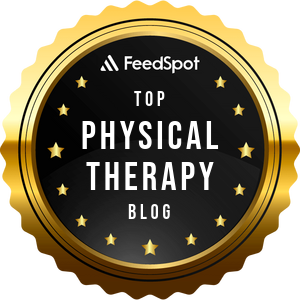
Continuing Professional Education
Looking for Massage Therapy CEUs, PT and ATC continuing education, chiropractic CE, or advanced manual therapy training? Explore our evidence-based online courses designed for hands-on professionals.


